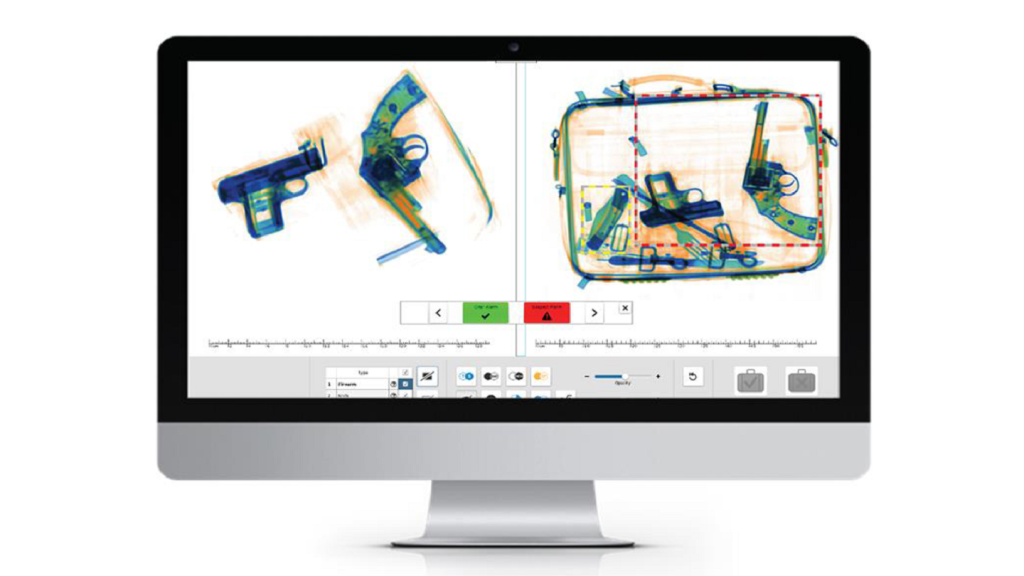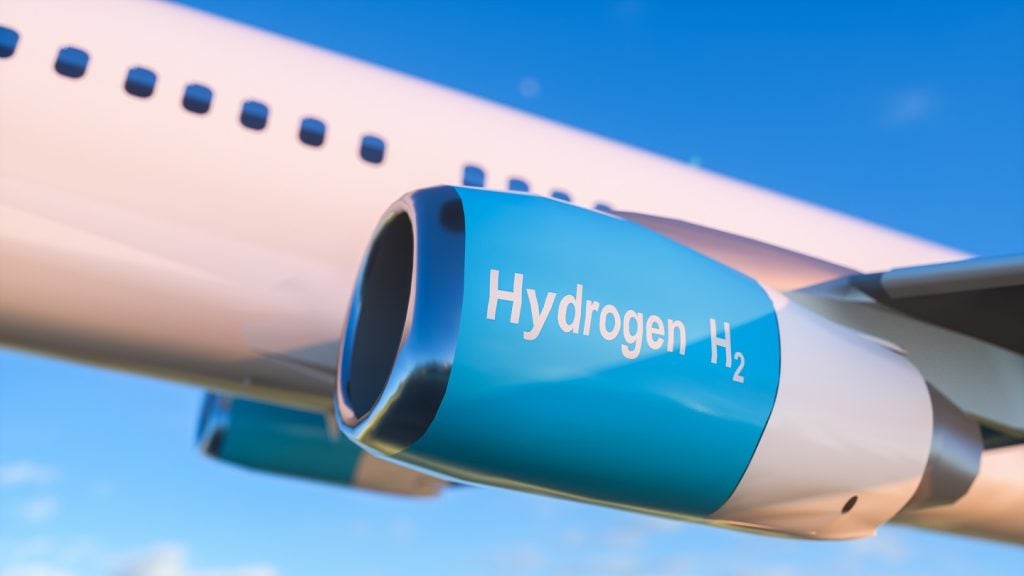The European Union Aviation Safety Agency (EASA) and European Centre for Disease Prevention and Control (ECDC) plan to lift the mandatory requirement of medical masks in airports and onboard flights amid the relaxation of Covid-19 restrictions across the bloc.
The joint Aviation Health Safety Protocol has been updated with consideration of the latest developments in the pandemic, especially vaccination levels and naturally acquired immunity.
The EASA and ECDC’s new recommendation on the wearing of face masks will become effective on 16 May.
The two organisations also recommended the relaxation of stringent measures on air operations, which is expected to reduce the burden on the industry, while retaining some appropriate measures.
EASA executive director Patrick Ky said: “From next week, face masks will no longer need to be mandatory in air travel in all cases, broadly aligning with the changing requirements of national authorities across Europe for public transport.
“For passengers and aircrews, this is a big step forward in the normalisation of air travel. Passengers should however behave responsibly and respect the choices of others around them.
How well do you really know your competitors?
Access the most comprehensive Company Profiles on the market, powered by GlobalData. Save hours of research. Gain competitive edge.

Thank you!
Your download email will arrive shortly
Not ready to buy yet? Download a free sample
We are confident about the unique quality of our Company Profiles. However, we want you to make the most beneficial decision for your business, so we offer a free sample that you can download by submitting the below form
By GlobalData“And a passenger who is coughing and sneezing should strongly consider wearing a face mask, for the reassurance of those seated nearby.”
However, the agency also advised that vulnerable passengers should continue to wear face masks regardless of the rules.
ECDC director Andrea Ammon said: “The development and continuous updates to the Aviation Health Safety Protocol in light of the ongoing Covid-19 pandemic have given travellers and aviation personnel better knowledge of the risks of transmission of SARS-CoV-2 and its variants.
“While risks do remain, we have seen that non-pharmaceutical interventions and vaccines have allowed our lives to begin to return to normal.
“The importance of these measures should continue to be effectively communicated to passengers for their safety, and ECDC will continue to work with our colleagues at EASA to regularly assess and amend the recommendations as necessary.”







